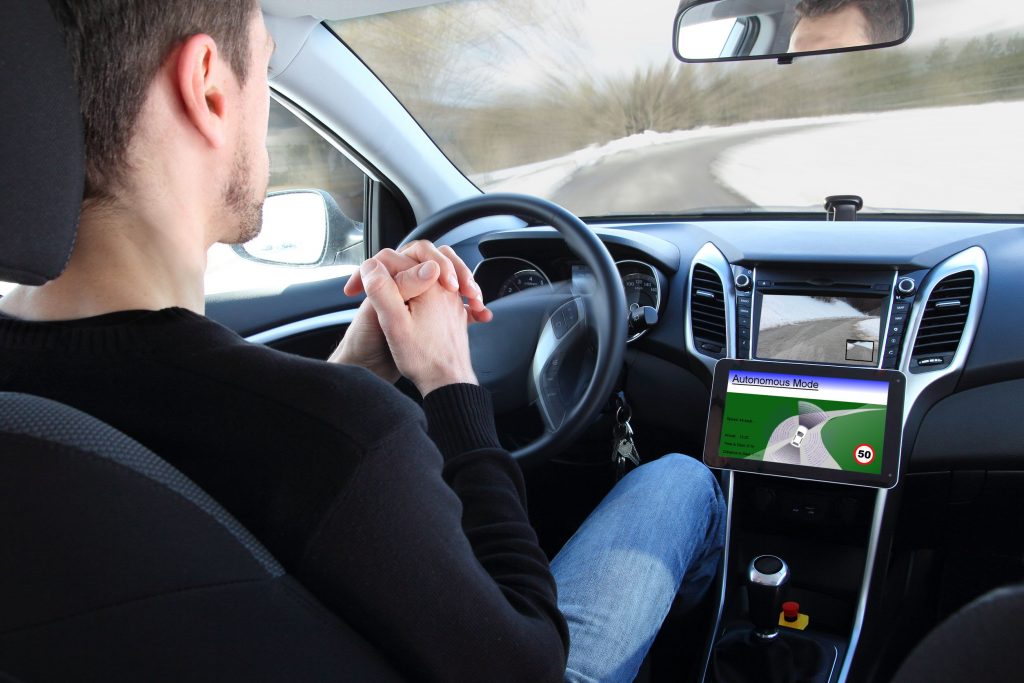
According to recent statistics provided by the National Highway Traffic Safety Administration, distracted driving kills more than 3,000 people each year and injures more than 424,000 people. In an effort to put an end to these tragedies, many Americans turn to hands-free options for their devices while they are driving. The assumption is that keeping your hands on the wheel will keep you and those around you on the road safer. Recent studies are showing that that just isn’t the case.
Driving Requires More than Your Hands
Distracted driving occurs any time you take your hands off the wheel, your eyes off the road, or your mind off the task at hand. While hands-free devices allow you to keep your hands firmly on the wheel, it does not prevent you from taking your eyes away from your surroundings or keep your concentration on the task of driving.
- Looking away from the roadway to send an average text, takes your eyes and mind off the road for the length of a football field (assuming you are traveling at 55mph).
- Nearly 26% of all car accidents involve cell phone usage – including hands-free devices.
- Brain activity that processes moving images (your surroundings on the road) while just listening to a phone conversation decreases by up to 1/3.
Studies Show Hands-Free Is More Dangerous Than You Think
A recent study from the American Automobile Association and the University of Utah found after testing several hands-free systems, both built-in to automobiles and smartphones, that mental distractions can last up to 27 seconds after using voice commands. For drivers traveling at 25 mph, that’s the length of almost three football fields.
This is an especially important discovery for those drivers who say they only ever text or look at their phone or navigation system while stopped at a light or stopped in traffic. While that may feel safe, their minds are still distracted when that light turns green or traffic begins moving again.
Researchers also found that voice-activated models did not alleviate distraction when they took too many steps or required specific words to achieve the driver’s goals. Drivers would get frustrated at the system and look down at their screens to correct the problem.
There is hope that as technology advances, it will become more frustration-free and therefore more distraction-free, but as it stands today relying and hands-free devices in no way guarantees that you are driving distraction-free.
The best practice behind the wheel is still to put all devices away and concentrate on the roadway with your eyes, mind, and hands. If it’s really important to text or call, pull over to do so or designate a passenger as your texter while you are behind the wheel.
About Kline & Specter, P.C.
Kline & Specter, P.C., a preeminent law firm in the United States, practices from offices in New York, Pennsylvania, Delaware, and New Jersey. We represent clients in personal injury litigation to get the justice and compensation they deserve for their injuries. Our track record of success includes seven- and eight-figure verdicts and settlements for our clients.